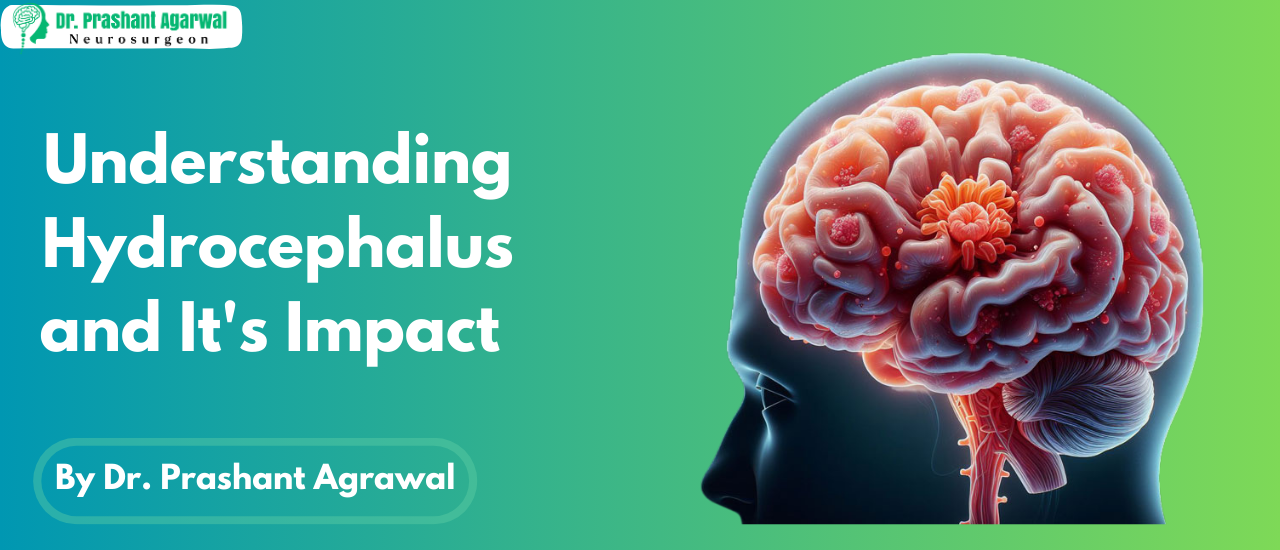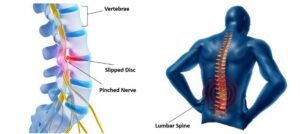Understanding Hydrocephalus and Its Impact
Hydrocephalus, often referred to as “water on the brain,” is a complex neurological condition that can significantly impact an individual’s health and quality of life. It is characterized by an abnormal accumulation of cerebrospinal fluid (CSF) within the brain’s ventricles, leading to increased pressure inside the skull. This condition can affect people of all ages, from infants to the elderly, and can manifest with varying symptoms and severity. Let’s delve deeper into what hydrocephalus is, its causes, symptoms, and how it can be managed effectively.
What is Hydrocephalus?
The human brain is surrounded by cerebrospinal fluid, which serves several critical functions: it cushions the brain, removes waste products, and delivers essential nutrients. Under normal circumstances, CSF is produced, circulates through the brain and spinal cord, and is absorbed back into the bloodstream.
In hydrocephalus, this delicate balance is disrupted. Either too much fluid is produced, the fluid’s flow is blocked, or it is not absorbed properly. The resulting buildup leads to increased pressure in the brain, which can damage brain tissue and disrupt normal functioning.
Causes of Hydrocephalus
Hydrocephalus can be classified into two main categories based on its onset: congenital (present at birth) or acquired (developing later in life). Here are some common causes:
- Congenital Causes:
- Acquired Causes:
- Normal Pressure Hydrocephalus (NPH)
Symptoms of Hydrocephalus
Hydrocephalus symptoms vary depending on the individual’s age and the severity of the condition:
- Infants:
- A rapidly growing head size.
- A bulging or tense soft spot (fontanel) on the head.
- Irritability, poor feeding, or vomiting.
- Developmental delays in motor or cognitive skills.
- Children and Adults:
- Persistent headaches.
- Nausea and vomiting.
- Blurred or double vision.
- Problems with balance and coordination.
- Memory and learning difficulties.
- Older Adults (NPH):
- A shuffling or unsteady gait.
- Cognitive decline resembling dementia.
- Loss of bladder control.
Early detection and intervention are critical to managing hydrocephalus effectively.
Hydrocephalus and Its Impact
Hydrocephalus can have profound effects on physical, emotional, and social well-being. Infants and children may face developmental challenges, while adults may struggle with physical limitations or cognitive impairments. For older adults, symptoms of NPH are often mistaken for other conditions like Parkinson’s disease or Alzheimer’s, delaying proper diagnosis and treatment.
The condition also affects caregivers and families, who often navigate the emotional toll of supporting their loved ones through treatment and daily challenges. The good news is that with the right care, many individuals with hydrocephalus can lead fulfilling lives.
Diagnosing Hydrocephalus
Diagnosing hydrocephalus involves a combination of medical history, physical exams, and imaging tests. Common diagnostic tools include:
- MRI or CT scans
- Neurological Exams
- Lumbar Puncture or Tap Test
A timely diagnosis is essential to determine the most effective treatment plan.
Treatment Options
Hydrocephalus requires medical intervention, as the condition rarely resolves on its own. While treatment cannot always reverse damage caused by prolonged pressure, it can significantly improve symptoms and prevent further complications.
- Shunt Systems:
- Endoscopic Third Ventriculostomy (ETV)
- Medications
- Therapies
Living with Hydrocephalus
While hydrocephalus is a lifelong condition, many people manage it successfully with the right support and medical care. Here are some tips for living with hydrocephalus:
- Regular Check-ups: Keep up with appointments to monitor the condition and the functionality of any devices like shunts.
- Stay Educated: Understanding your condition empowers you to make informed decisions and advocate for your needs.
- Embrace Support: Connect with others in the hydrocephalus community through support groups or online forums. Sharing experiences can provide emotional support and practical advice.
- Maintain Overall Health: A balanced diet, regular exercise, and stress management contribute to overall well-being and resilience.
Conclusion
Hydrocephalus is a condition that may seem daunting, but with proper diagnosis, treatment, and support, individuals can lead meaningful and fulfilling lives. Raising awareness about hydrocephalus is crucial—not just for early detection but also for fostering understanding and compassion for those living with the condition.
If you or someone you know is affected by hydrocephalus, don’t hesitate to seek professional guidance and connect with support networks. Together, we can face the challenges of this condition with resilience, hope, and determination.





